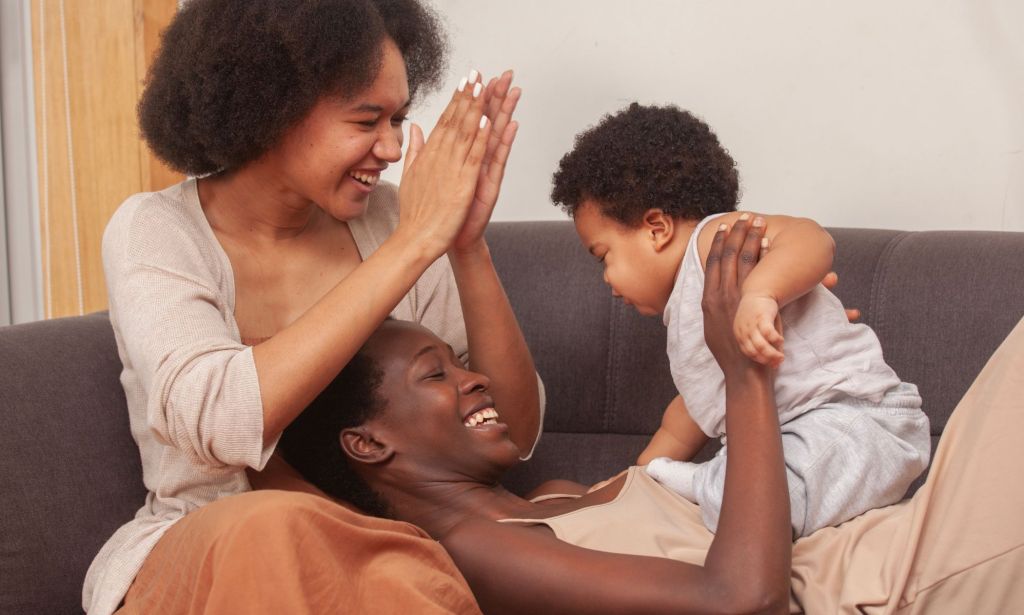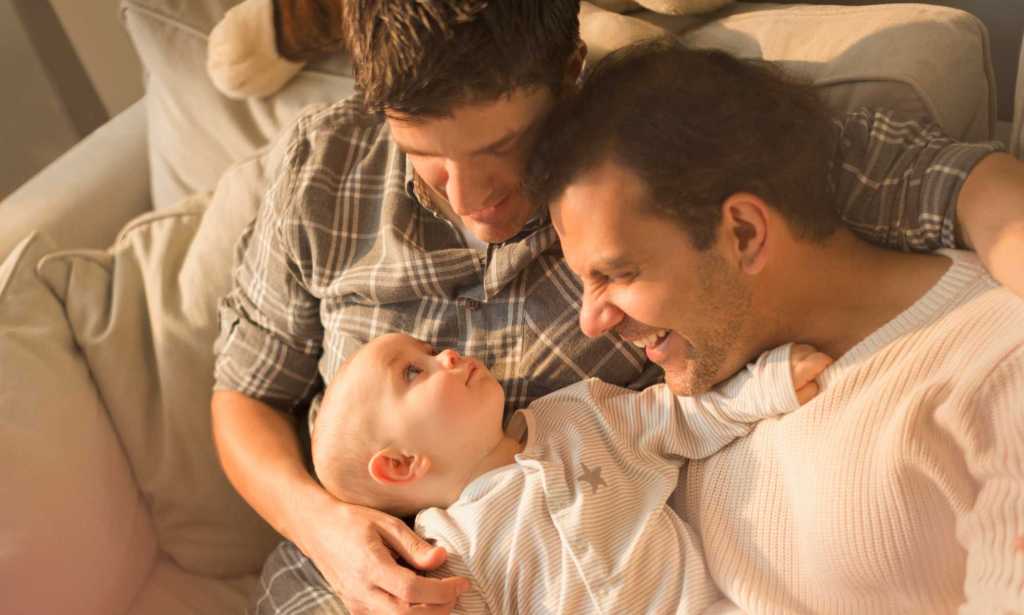Half of gay and lesbian parents have faced negative comments, disturbing new study shows

The ruling means the birth mother has lost her parental rights. (Canva)
More than half of gay and lesbian parents have faced negative comments about their families and many worry about their children being bullied at school, a new study has revealed.
The research, for LGBTQ+ young people’s charity Just Like Us, was released to coincide with School Diversity Week, which runs from today (24 June).
School Diversity Week is the annual UK-wide celebration of LGBTQ+ inclusion, celebrated by more than 7,000 primary and secondary schools. By signing up to take part, staff get access to free resources across all key stages and curriculum subjects, so they can prompt discussions with pupils about queer topics.
Researchers surveyed 1,012 LGBTQ+ parents across the UK and found 56 per cent of respondents have faced unpleasant comments about their families, while 42 per cent of their children have experienced remarks about having non-heterosexual mums or dads.
A quarter of lesbians said they feel isolated as an LGBTQ+ parent and 34 per cent of trans mothers and fathers feel the same, the survey showed.
In addition, a quarter of lesbian, gay and trans parents felt “depressed or anxious about my family not fitting in or not being treated fairly”.
Almost 50 per cent of queer respondents also said they were worried their child would bullied because they have LGBTQ+ parents, and not be accepted. Just under a third (29 per cent) of bisexual parents also reported concern about the acceptance of their child.

Gay and, particularly, lesbian parents (39 per cent) said they had been asked invasive questions, such as the identity of their child’s sperm donor. Close to a quarter (23 per cent) said their children have felt upset or hurt by negative comments at school about LGBTQ+ people.
Twenty-four per cent reported that their children had been left out of social arrangements seemingly because they were from a LGBTQ+ family. For trans parents, that figure rose to more than four out of every 10, on average.
And 30 per cent of trans parents had heard negative comments about transgender men and women at school, resulting in 11 per cent deciding to home-school their children “to avoid anti-LGBT+ prejudice’, the study showed.
One in every 10 LGBTQ+ parents agreed with the statement that they felt “let down by my child’s school not being LGBT+ inclusive”.
Twelve per cent said their children’s school had LGBTQ+-inclusive books for pupils to read, and 23 per cent had youngsters in establishments that celebrated School Diversity Week.
LGBTQ+ parents also reported a widespread lack of inclusion in schools across the UK, with 15 per cent saying they had been treated differently to their heterosexual peers because of their identity. This increased to more than one in five lesbian (21 per cent) couples, 22 per cent of those were both parents were gay men, and 18 per cent for transgender mothers and fathers.

Amy Ashenden, the director of communications and engagement at Just Like Us, said: “As an LGBT+ parent, compiling this report has been far from reassuring. Some of the findings are harrowing.
“There is clearly so much work to be done to help schools and nurseries understand the huge impact that an inclusive, or unaccepting, school environment can have on LGBT+ families.”
And Just Like Us chief executive Laura Mackay said: “Every parent wants to send their child to school and feel reassured that they will be safe, happy and ready to learn. But many LGBT+ parents are instead feeling worried, isolated and unsure whether they or their children will face hurtful and invasive comments, unfair treatment and outright discrimination simply because their family isn’t heterosexual or cisgender.
“This is unacceptable and schools must do more to ensure that all children, whatever their family looks like, feel supported, represented and respected by everyone in the classroom.
“At Just Like Us, we endeavour to make embedding LGBT+ inclusion simple. We are happy to be supporting more than 7,000 primary and secondary schools across the UK who are taking part in School Diversity Week this year, and we invite all teachers to sign up for our free educational resources so they can celebrate too.”
How did this story make you feel?

